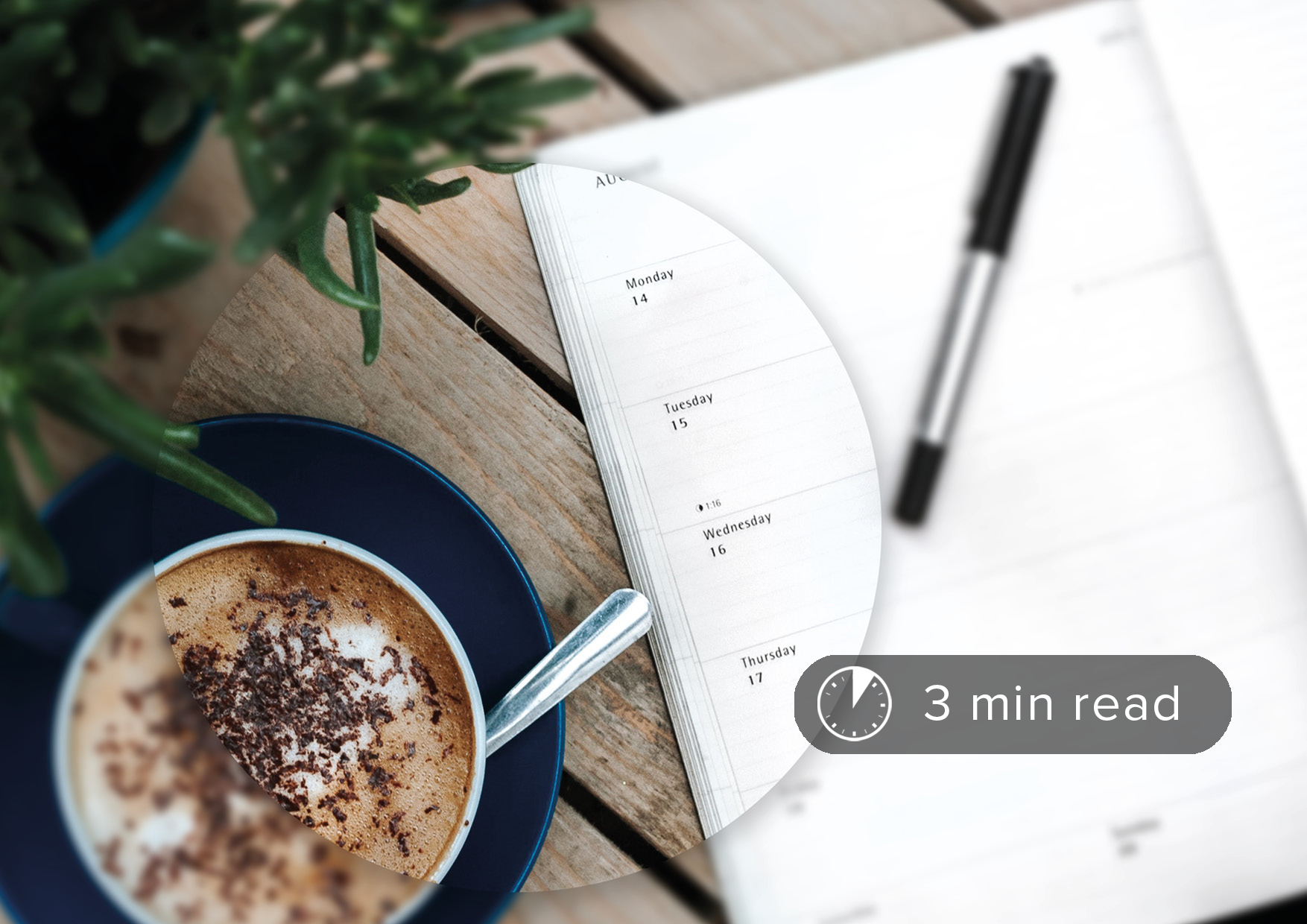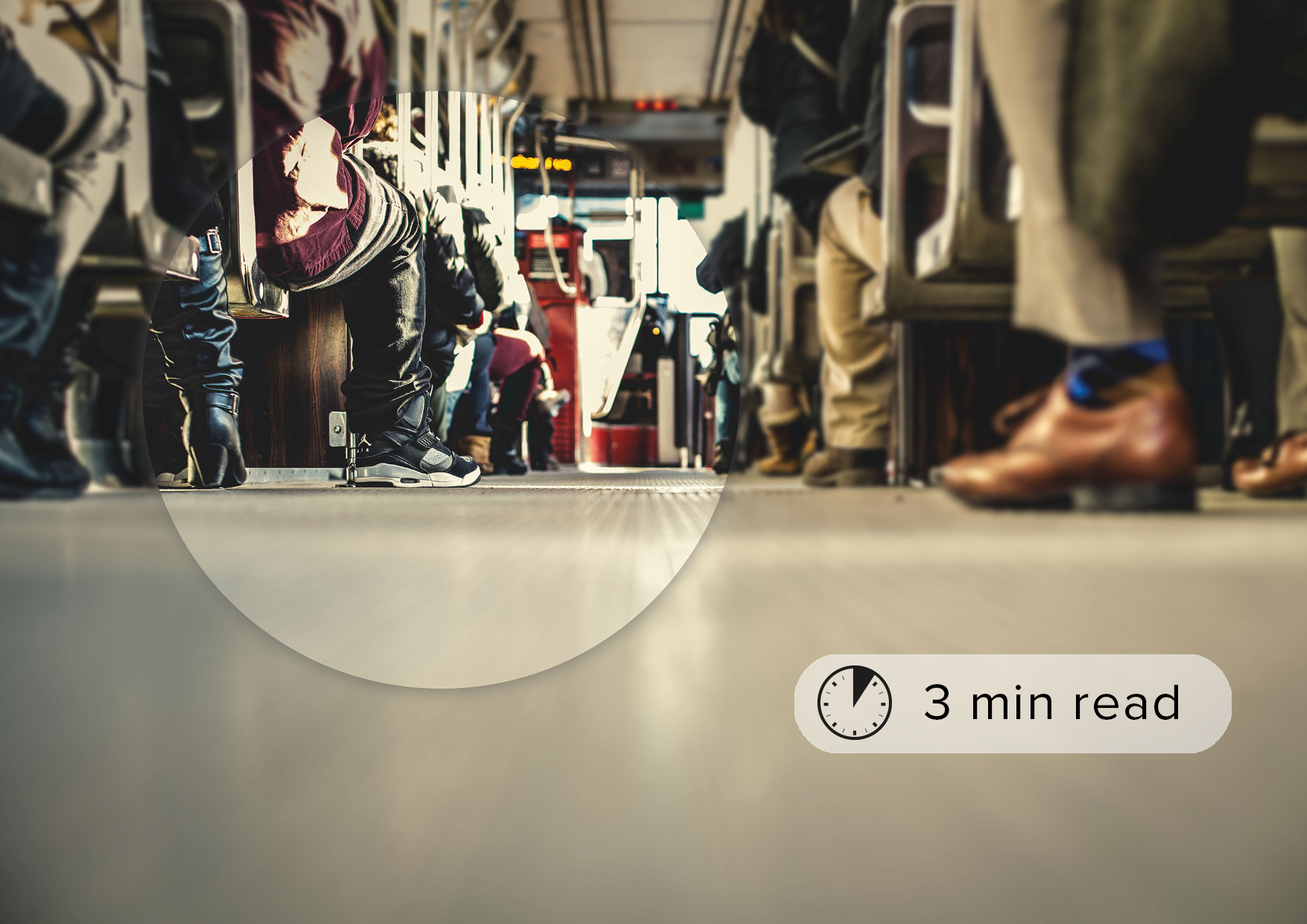Embrace some Danish wellbeing to see you through the Christmas chaos
As the festive season ramps up to fever pitch and we’re all frantically trying to organise our family, holiday, work and home, there doesn’t seem to be much time left to do anything much else apart from sleep.
But it’s exactly at this point when the stresses and pressures of life are at their highest, that the Danes focus on finding moments of ‘hygge’ (pronounced hoo-gah) to ensure that they enjoy some calm comfort amidst the tumult.
A sense of wellbeing
Hygge: wellbeing, comfort, cosiness and enjoying the simple pleasures in life.
The exact meaning of hygge is almost impossible to determine, but is generally described as wellbeing, comfort, cosiness and enjoying the simple pleasures in life. Enjoying a hygge moment could be indulging in a quiet night in with hot chocolate and a good book, but it could equally be enjoying a cycle ride outside in the fresh air. Although the activities are seemingly unconnected, they both feed into a holistic sense of wellbeing – nourishing the mind and body with goodness.
Work life balance
This idea of general wellness also has a solid focus on maintaining a strong work life balance which sees the majority of Danes starting work at 8am and finishing at 4pm, Monday to Friday. The Danes begin and end their working day early to make the most of the daylight hours, especially in winter, and simply don’t stay late after work, placing great value on time spent at home with their family at the end of the day. The OECD Better Life Index states that ‘only 2% of employees work very long hours’ which is significantly less than the OECD average of 13%.
Work related stress
This work ethic is the accepted norm in Denmark and goes some way to avoiding underlying expectations to work longer than contracted hours to ‘get the job done’ which are more prevalent in the UK. It’s clear to see the correlation between a poor work life balance and increased stress levels, and this is highlighted in our recent Why BWell survey with 25% of UK respondents saying that they struggle to manage workplace pressure. Alongside this a third of people surveyed said that they believe their job has a negative impact on their mental health, and 20% admit they don’t get regular exercise.
Clock off and check out
There’s definitely something to be said for making some time for a hygge moment or two in the face of such statistics, and to help with navigating the most overwrought time of the year. Perhaps adopting a strict rule of clocking off on time most evenings to ensure you make it home to eat dinner with your family, or being mindful about creating joy in life’s everyday moments will be just enough to help you keep your ‘balance’ right through to the New Year.
Why BWell? If you’re interested in reading more about the current state of workplace wellbeing in the UK, you can download a copy HERE.





